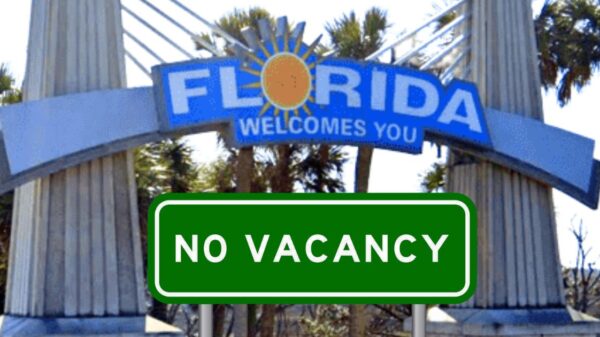Florida TaxWatch just released its current analysis for the 2024 Florida’s property insurance market.
With premiums having surged by 42.5% since 2019, the report examines the underlying factors contributing to the market’s instability, including excessive litigation and significant hurricane damages that have pushed many insurance providers to insolvency or out of the state. This has led to limited competition and rising reinsurance rates, exacerbating the financial burden on homeowners and businesses.
The state-sponsored insurer of last resort, Citizens Property Insurance, now serves over one million Floridians, highlighting the failure of the private market to adequately provide for residents’ needs and the potential financial risks to all taxpayers in Florida.
In the report, TaxWatch discusses various legislative reforms aimed at stabilizing the market and reducing fraud, such as changes to the assignment of benefits and litigation thresholds, as well as the introduction of reinsurance programs designed to support insurers.
“Unless a long-term solution is established, the high cost of insurance will drive many Floridians out of the state,” said Florida TaxWatch President and CEO, Dominic M. Calabro.
The report details that over the past five years, Florida lawmakers have worked to stabilize the state’s property insurance market, with initiatives primarily focused on reducing insurance fraud, maintaining sufficient reinsurance levels, studying the growth of premiums, and limiting reliance on Citizens Property Insurance Corporation (Citizens). Several reforms were addressed and enacted, including:
Reducing Insurance Fraud – Following the Jan. 2023 Assignment of Benefits (AOB) prohibition, the number of ‘intentions to litigate’ decreased, with March 2023 at 8,345 ‘intentions’ filed down to 4,064 in November. While money spent on legal defense and cost containment as a percent of premium was the smallest ratio since 2019 (3.1 percent), it is still higher than the national average of 1.2 percent last year.
Maintaining Reinsurance Funds – Reinsurance (the insurance for insurers), helps insurance companies cover losses from abnormally destructive hurricanes. Residential property insurers are required to obtain reinsurance from the Florida Hurricane Catastrophe Fund (CAT Fund), and in 2022, they are also now required to participate in the Reinsurance to Assist Policyholders (RAP) Program – providing a non-recurring $2 billion to cover insurers losses, and in turn, to help reduce policyholders’ premiums.
Steadying the Growth and Premium Rates – Since the implementation of the reforms in 2022 and 2023, eight new companies have joined Florida’s property insurance market, 10 companies filed a zero percent increase, and 10 companies filed for rate decreases, expected to take effect this year.
Limiting Reliance on Citizens – As of December 31, 2023, Citizens comprised 16 percent of the total personal residential property share, enrolling 1.2 million policyholders and amounting to 13 percent of total insured value; however, efforts to depopulate Citizens are improving through its ‘Depopulation Program,’ which successfully transitioned 223,307 policyholders to private insurance companies in 2023.
In addition, during the 2024 Florida Legislative Session, the final tax package provided homestead property owners with a one-year exemption on taxes on residential property and flood insurance. Based on Florida’s average annual premium ($6,366), exempting homeowners from the 1.75 percent tax would save each homeowner about $111. To make Florida’s insurance rate competitive with the national average ($2,153), the average annual premium needs to fall by more than $4,000.




















